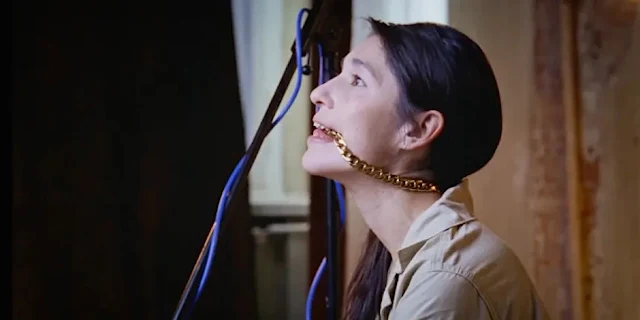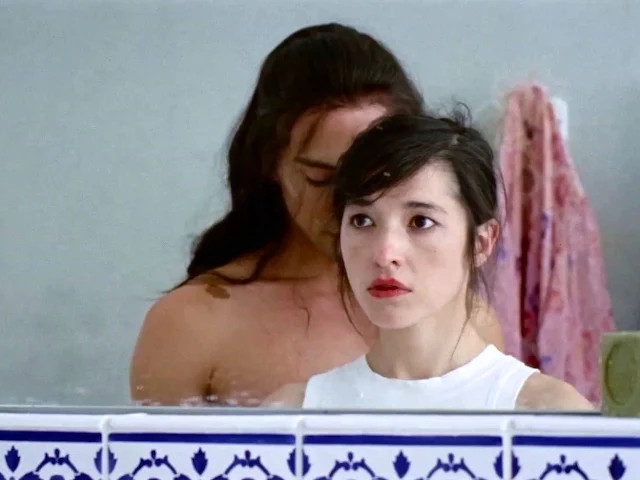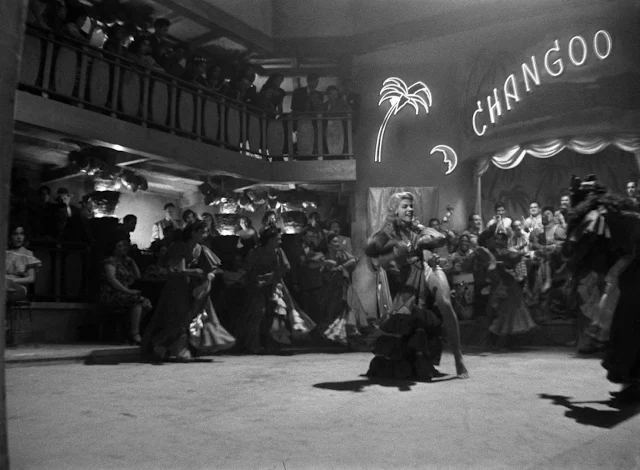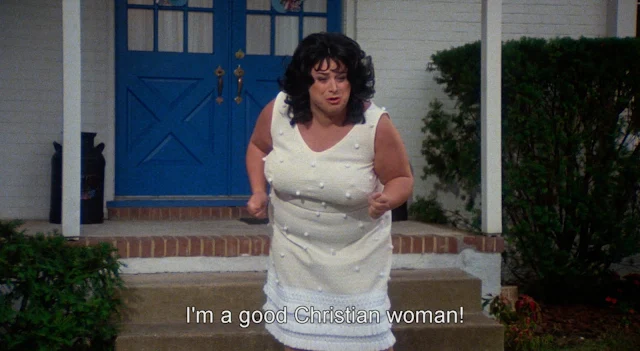A blog formerly known as Bookishness / By Charles Matthews
"Dazzled by so many and such marvelous inventions, the people of Macondo ... became indignant over the living images that the prosperous merchant Bruno Crespi projected in the theater with the lion-head ticket windows, for a character who had died and was buried in one film and for whose misfortune tears had been shed would reappear alive and transformed into an Arab in the next one. The audience, who had paid two cents apiece to share the difficulties of the actors, would not tolerate that outlandish fraud and they broke up the seats. The mayor, at the urging of Bruno Crespi, explained in a proclamation that the cinema was a machine of illusions that did not merit the emotional outbursts of the audience. With that discouraging explanation many ... decided not to return to the movies, considering that they already had too many troubles of their own to weep over the acted-out misfortunes of imaginary beings."--Gabriel García Márquez, One Hundred Years of Solitude
Search This Blog
Tuesday, December 31, 2024
Kenki, aka Sword Devil (Kenji Misumi, 1965)
Cast: Raizo Ichikawa, Michiko Sugata, Kei Sato, Ryutaro Gomi, Goro Mutsumi, Rokko Toura, Kentaro Kudo, Asao Uchida, Ryuzo Shimada, Koichi Mizuhara, Saburo Date, Akihisa Toda, Ryosuke Kagawa. Screenplay: Seiji Hoshikawa, based on a novel by Renzaburo Shibata. Cinematography: Chikashi Makiura. Film editing: Kanji Suganuma. Music: Hajime Kaburagi.
Monday, December 30, 2024
Piaffe (Ann Oren, 2022)
Cast: Simone Bucio, Sebastian Rudolph, Simon Jaikiriuma Paetau, Björn Melhus, Lea Draeger. Screenplay: Thais Guisasola, Ann Oren. Cinematography: Carlos Vasquez. Production design: Ilaria Di Carlo. Film editing: Ann Oren, Haim Tabakman.
Sunday, December 29, 2024
Victims of Sin (Emilio Fernández, 1951)
Cast: Ninón Sevilla, Tito Junco, Rodolfo Acosta, Rita Montaner, Ismael Pérez, Margarita Ceballos, Arturo Soto Rangel, Francisco Reiguera, Lupe Carilles, Jorge Treviño, Pedro Vargas. Screenplay: Emilio Fernández, Mauricio Magdalena. Cinematography: Gabriel Figueroa. Production design: Manuel Fontanals. Film editing: Gloria Schoemann. Music: Antonio Díaz Conde.
Saturday, December 28, 2024
Melvin Goes to Dinner (Bob Odenkirk, 2003)
Cast: Michael Blieden, Stephanie Courtney, Matt Price, Annabelle Gurwitch, Kathleen Roll, Maura Tierney, Jenna Fischer, Fred Armisen, David Cross, Bob Odenkirk, Scott Adsit, Jack Black. Screenplay: Michael Blieden, based on his play. Cinematography: Alex Vendler. Production design: Michael Krantz. Film editing: Michael Blieden. Music: Michael Penn.
Shopworn (Nick Grinde, 1932)
Cast: Barbara Stanwyck, Regis Toomey, Clara Blandick, Zasu Pitts, Lucien Littlefield, LeRoy Mason, Oscar Apfel, Maude Turner Gordon, Albert Conti, James Durkin. Screenplay: Sarah Y. Mason, Jo Swerling, Robert Riskin. Cinematography: Joseph Walker. Film editing: Gene Havlick.
Subscribe to:
Posts (Atom)













.jpg)

















.jpeg)

















.png)

.jpg)




